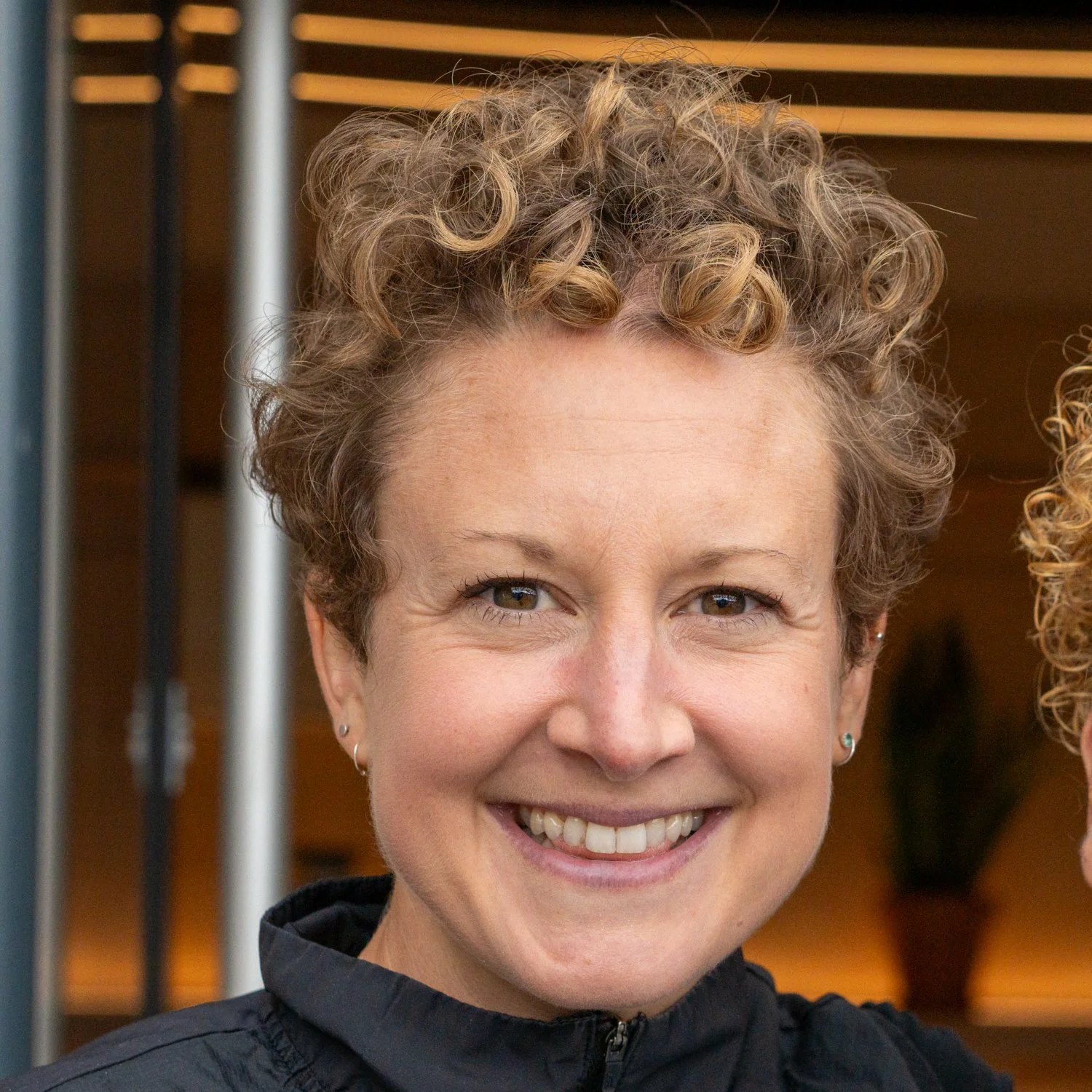
What is NuMi and why should I care?
Conveniently both of these questions can be answered with an identical response:
NuMi is a specialist testing hub for people who already move and want evidence they are doing the right things. We use gold standard measurements and meticulous analysis to show how your body is really performing, from composition and metabolism to heart and lung function. Then we turn that data into practical changes to your training, fuelling and recovery so you can perform better now and protect your health for the long term.
The Team »
We’re obsessed with how people move, train and fuel their bodies.
FAQs
What services do you offer?
1
We offer in-depth Health Checks that bring together gold-standard body composition scanning, cardiovascular testing and metabolic measurements to give you a 360° picture of your health and performance. Our flagship NuMi Health Check combines multiple tests in one visit, while our Specific Insight tests (such as DEXA body composition or cardiovascular zone mapping) allow you to focus on particular questions about your body and training.
How do I book?
2
You can book directly via Practise Better by choosing the Health Check or test you are interested in and selecting a convenient appointment time. You’ll be redirected here by clicking any ‘Book’ button. Once you have completed the short online form, you will receive confirmation and joining instructions by email. If you are unsure which option is right for you, you can also request a call and a member of the team will talk you through the best fit before you book.
What makes you different?
3
We combine clinical-grade technology with clear, practical explanations so you leave knowing exactly what your results mean and how to use them. Rather than offering generic advice, we translate your data into tailored guidance that reflects your goals, sport and lifestyle, whether you are training for an event or simply want to feel better day to day. Our dedicated facility in Holt is purpose-built for testing, so every appointment is unhurried, highly professional and focused entirely on you.
How can I contact you?
4
The easiest way to contact us is via the form on our Contact page, which comes straight through to the team and is ideal for general, corporate or employer enquiries. If you would prefer to speak to someone, you can call us on 01263 800667 during opening hours.










